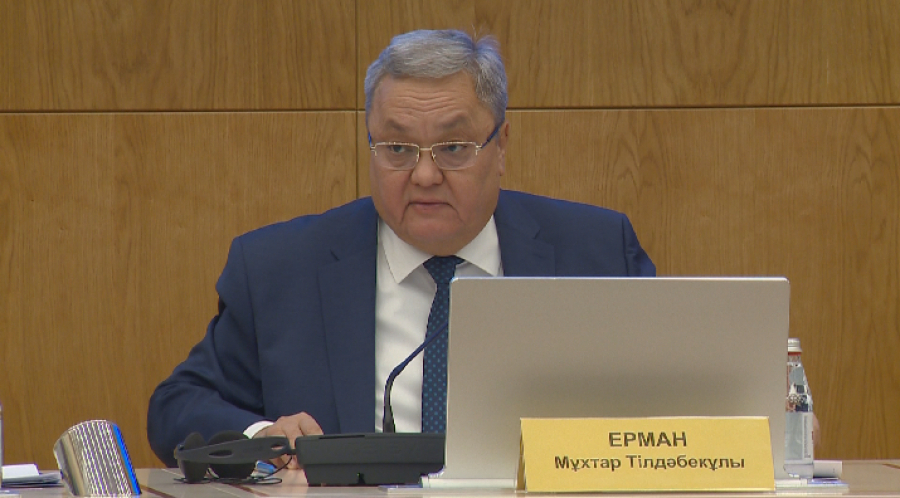
The number of victims of
political repression and famine in Kazakhstan may exceed three million people.
A special state commission has counted the data and studied the historical tragedy
of the 20th century. Established four years ago on the instruction of the Head
of State, the commission comprises scientists, experts, researchers, and
representatives of state bodies. Over several years, they conducted meticulous
work in dozens of state and departmental archives across all regions of the
country. This effort has resulted in the declassification of a vast amount of
material. In total, over 2.5 million documents were declassified, and 311,000
victims of the regime were rehabilitated. Alongside domestic scientists,
foreign specialists were also involved in the work to reconstruct the true
picture of the past century. The outcome was a 72-volume book, part of which is
stored in the capital’s state archive. Presently, work is underway in
Kazakhstan to commemorate innocent victims and to extend the period and
individuals eligible for rehabilitation.
“The victims do not include those
who were deprived of their civil rights. These people had committed no crimes
and were only guilty of having the wrong social background, such as being the
children of rulers or those who worked in government positions during the
tsarist era as translators, clerks, and so forth. Relatives of the repressed
were also among those deprived of their voting rights. They were prohibited
from settling in cities, receiving higher education, and participating in
elections, which constitutes a form of repression as well,” Yerkin Abil, a Mazhilis
member and holder of a PhD in History, said.









